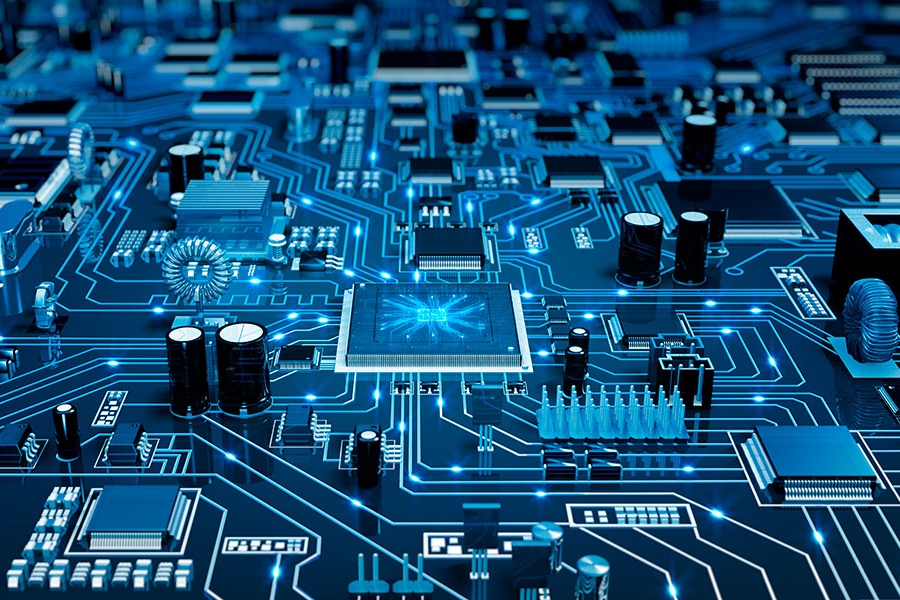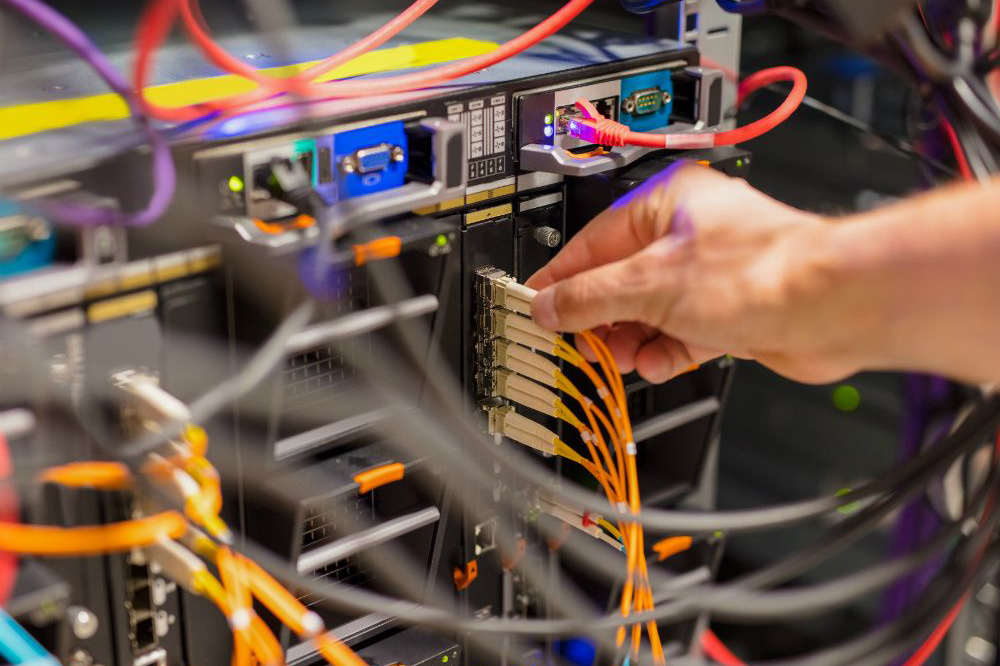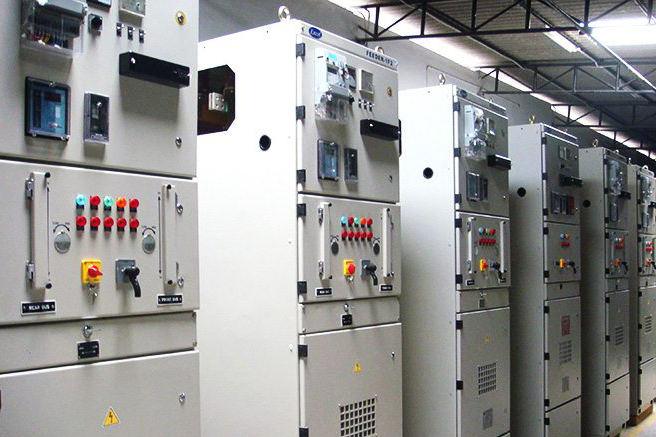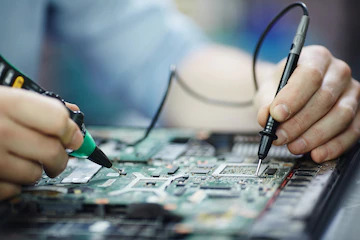Departments & Programs
| Department of Computer Engineering |  |
 |
| Department of Computer Engineering |
Computer Engineering focuses on the design, analysis, and application of computers and on their applications as components of systems. The department of computer engineering provides students with inspiration and quality education in the theory and practice of computer engineering. A brief list of these activities is given below: Operating Systems; Manycore and Distributed Systems and Cloud Computing; Computer/Wireless/Interconnection/Vehicular-AdHoc Networks; Real-Time and Embedded Systems; Dependable Software Design; Performance Evaluation and Queueing Systems; Scheduling and Resource Management; Internet of Things; Network Security and Privacy; Social Networks; Text/Data Mining; Natural Language Processing; Intelligent Systems, Machine Learning, and Modular Robotics; Database and Text Information Management; Big Data; Formal Methods; Processing of Multimedia Signals, Multimedia Networking, and Multimedia Communication; Bioinformatics; Computer Graphics.
 |
Department of Communication |
 |
| Department of Communication |
Communication is a field that addresses the challenge of how to efficiently and effectively transmit information from one place to the other. The mission of the Communication Engineering program is to provide high quality education on recognition, analysis and implementation of analog and digital communication systems to its students. It places special emphasis on stationary and mobile communication, satellite, optical fiber, data transmission technology and other related branches. It should be mentioned that the improvements in communicational technologies are originated from military’s communication developments. The communicational engineering makes the optimized application of procedures possible, by introducing new theories and fundamentals required for constructing connection between two or more operators. Data transmission net expansion comprises of regular transmission line expansion, switching devices, connections between operators and etc. The current research areas in this department include: Design and Implementation of Mobile and Wireless Communication Systems; Multimedia Compression & Communications; Coding and Information Theory; Communication Signal Processing; Microwave and Antenna Design; Design and Implementation of High-Frequency Circuits; Optical Communications (Fiber and Free-Space); Photonics (Integrated optical circuits, Laser, Photonic Crystals); Metamaterials and Nano-Photonics.
| Department of Electric Power Engineering |  |
 |
| Department of Electric Power Engineering |
Generation, transmission and distribution of electrical energy is studied at power engineering department. Analysis, design, operation, control and protection of power systems and its components and also design and operation of electrical machines are taught as the core subjects of this field. Power electronic is also an active field of research in power engineering that studies systems with static converters, electrical machines and electrical circuits. Electrical Machines I and II, High voltage systems, electrical circuits, relays and protection, fundamentals of electrical engineering and electrical workshop are a few of specialized lab and workshops at this department. Engineers at this department are educated at undergraduate (Bachelor’s) and graduate (Master’s and PhD) levels for the strategic industry of generation, delivery and utilization of electric energy.
 |
Department of Control |
 |
| Department of Control |
Control engineering is the engineering discipline that focuses on design, implementation, and utilization of analog and digital controllers, sensors, and actuators to adjust different parameters in a plant to achieve desired behavior and performance. Moreover, control engineering seeks to substitute human operators by autonomous intelligent systems. The current research areas at the control engineering department include: Analysis and design of nonlinear Control Systems; Fault tolerant control systems; Pattern recognition and system identification; Multi-agent control systems; Learning control systems; Data Fusion; Intelligent Transportation Systems; Game theory and its applications; Advanced Mechatronics Systems.
| Department of Electronics |  |
 |
| Department of Electronics |
Nowadays, numerous novel products and devices are designed, produced and operated with the help of electronics engineers, which makes the use of complex systems in other fields of science possible. The undergraduate and graduate students in electronics department learn about theoretical and practical aspects of design and implementation of novel electronic systems which enables them to design and build the equipment that is often required by the industry and other engineering sectors. Also, they will be able to analyze the existing electronics systems. These systems include microelectronics devices, discrete electronic circuits and digital, analog and hybrid integrated electronic circuits. Lately, new engineering sectors such as mechatronics, bioelectronics and optical electronics have been crafted from conjunction of electronics with mechanical engineering, medical science and optical physics, respectively. What’s more, electronic engineers participate in design of analog and digital circuits (such as amplifiers, filters and various types of processors), design of electronic system such as machine vision, pattern processing and recognition of image, voice and medical signals.